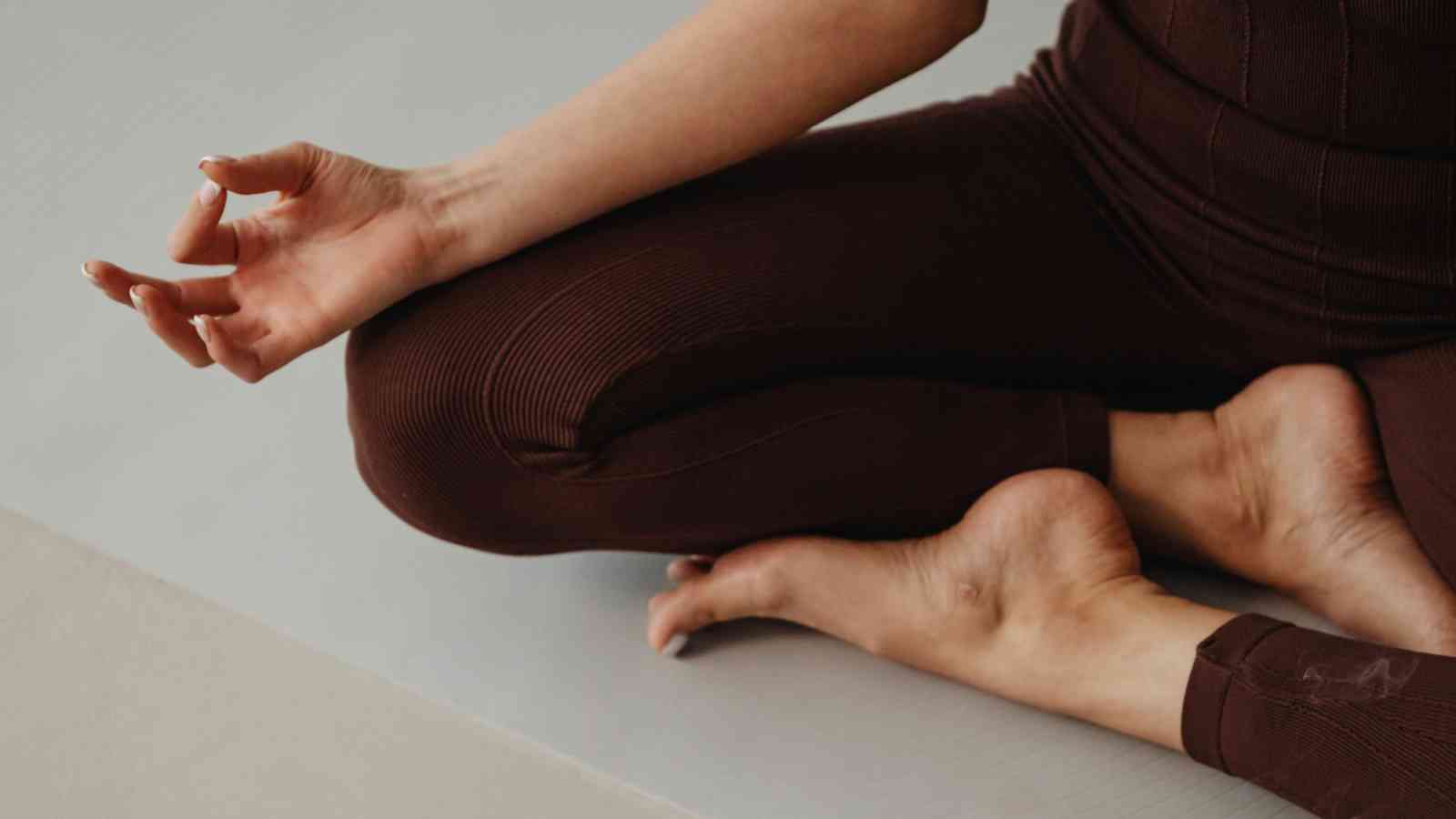
Implementing Rituals: A Tool to Shift towards Balance
As the year winds up and holiday season is upon us, there might be a little more space in our
lives to implement an intentional practice or two to bring us into 2025.
A ritual refers to a series of structured and repeated intentional actions, which may be but don’t have to be religious, cultural, or social in nature, serving various purposes within different communities. These practices have been part of human life for hundreds of thousands of years, deeply intertwined with human evolution, cognitive development, and social organisation.
Today, in our fast-paced and often chaotic lives, intentionally cultivating a regular practice is an amazing way to bring us back to the present moment - whether it be meditation, yoga, stretching, watching the sunrise, a walk in nature, or a personalised movement routine. These activities give us the opportunity to take time in the day to practice mindfulness and be present, enabling us the space to enjoy the moment as it is and take in the simple beauty of life. They can also be seen as hygiene for the brain. They can serve as a reliable anchor to ground our nervous system and give us the sense of routine that our bodies crave. This is closely intertwined with circadian neurobiology, highlighting the profound impact of structured behaviours on our physiological and psychological well-being.
The beauty of implementing a practice or ritual is that it can look like so many different things, depending on what feels best for you. There is no requirement on its duration, time of day, nature of activity, or if it’s done with anyone else. It also doesn’t necessarily have to be daily, a regular practice can also be performed on a weekly basis or every couple days. All that is significant is that it is an intentional activity performed consistently. Therefore, in this way, the ritual can be formed to slot into your life, whatever it might look like. These activities however, can only be transformative if they are sustainable and can be achieved in a way that complements your current routine and life.
Some tips for implementing a daily practice:
o Start small by aiming for a practice which is relatively short and holds little resistance to engage in
o Set a regular time to engage in ritual
o Use reminders or attach ritual onto an existing habit to help make the practice part of your routine
o Tell someone or join a group or community to create accountability
Some examples of rituals or regular practices include:
o Daily sunrise gazing on the beach
o Daily meditation
o Once weekly coffee enema
o Twice weekly sauna
o Twice weekly Epsom salt bath
o Daily or weekend reflection journaling
o Daily dry brushing
o Daily cup of tea on the balcony
o Once weekly tending to the garden
o Monthly walk in a national park
o Daily sunset walk round the garden
